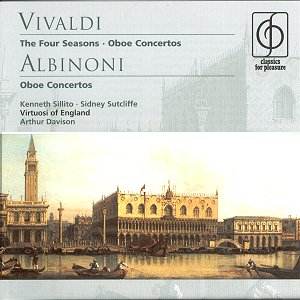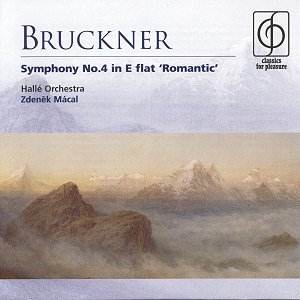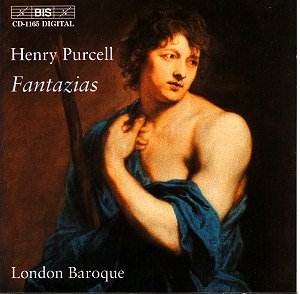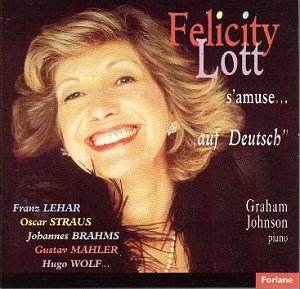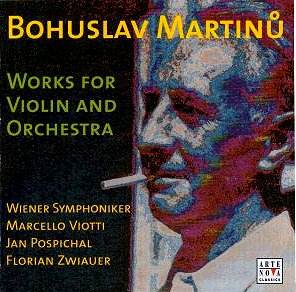 Composer: Bohuslav Martinu
Composer: Bohuslav Martinu
Works: Duo Concertant for Two Violins and Orchestra (1937), Violin Concerto No. 2 (1943), Concerto for Two Violins and Orchestra (1950)
Performers: Jan Pospichal (violin), Florian Zwiauer (violin), Vienna Symphony Orchestra / Marcello Viotti
Recording: July 1999, Festspielhaus, Bregenz
Label: ARTE NOVA 74321 77635 2
Bohuslav Martinu, a pivotal figure in 20th-century music, often navigated the complexities of exile, cultural identity, and artistic innovation. His works, particularly those for violin, reflect both the lyricism and the emotional intensity characteristic of his style. The present recording offers a compelling journey through three significant compositions for violin, showcasing the evolution of Martinu’s voice from the neo-classical to a more emotive, impressionistic idiom. The performances by violinists Jan Pospichal and Florian Zwiauer, accompanied by the Vienna Symphony Orchestra under Marcello Viotti, illuminate the intricacies of Martinu’s writing while also engaging with the historical context of each piece.
The Duo Concertant serves as a fascinating entry point. Written during Martinu’s time in Nice, its three movements reveal a composer grappling with the tension between tradition and modernity. The opening movement, though lively and intricate, occasionally feels tethered to the expectations of its time, lacking the full breadth of Martinu’s later imaginative scope. The middle movement, however, stands out as a highlight, with its adagio that ebbs and flows, deftly weaving the two violins into a rich, contemplative dialogue. Intriguingly, the influences of Bach and Beethoven are palpable, yet Martinu’s unique voice emerges in the meditative qualities of the writing, leading to a delicate, whispering conclusion. The recording captures every nuance, although the proximity of the sound can create a slightly claustrophobic experience, especially in the first movement.
In contrast, the Violin Concerto No. 2 presents a more expansive emotional landscape. Commissioned by the esteemed violinist Mischa Elman, this work was birthed during Martinu’s American exile and premiered under the baton of Serge Koussevitzky. The thematic contours here resonate with the grandeur of Martinu’s symphonic works, showcasing a vibrant palette of leaping and tumbling motifs that evoke both joy and introspection. Pospichal’s performance is particularly compelling; his tone opens up significantly compared to the Duo Concertant, allowing a fuller expression of the lyrical lines that dance through the score. The andante moderato reveals Dvořák-like warmth, with the violins engaging in a poignant exchange with the winds, reflecting a sincere emotional depth that transcends mere pastiche. This recording stands as a viable alternative to the historic accounts, particularly Josef Suk’s interpretation, delivering a sound quality that is both generous and inviting.
The Concerto for Two Violins and Orchestra rounds out the collection with its neo-romantic flair. Written for the Beal Twins, this work leans into vibrant, impressionistic textures, with the middle movement evoking a Haydnesque charm. The finale bursts forth with rhythmic zest, nearly veering into a foot-tapping rumba, and showcases Martinu’s deft craftsmanship. Here, the recording shines, capturing the antiphonal effects and the lively interplay between the soloists and the orchestra. While there are moments where a broader tonal palette might enhance the expressiveness, particularly in the Duo Concertant, the exuberance of the last three minutes of this concerto is infectious.
This disc not only expands the listener’s understanding of Martinu’s violin repertoire but also underscores the lyricism and inventiveness that characterize his musical output. With excellent engineering that enhances the clarity of the orchestral textures, the recording stands as a valuable addition to the catalog of Martinu’s works. For those who appreciate the lyrical-impressionist vein of 20th-century music, this collection is an essential exploration of Martinu’s rich and varied contributions to the violin repertoire.
